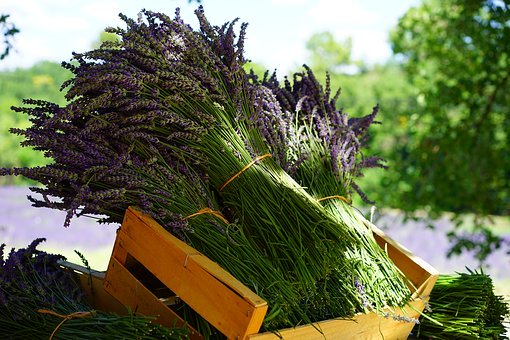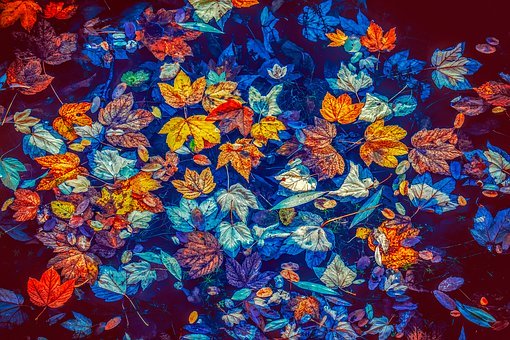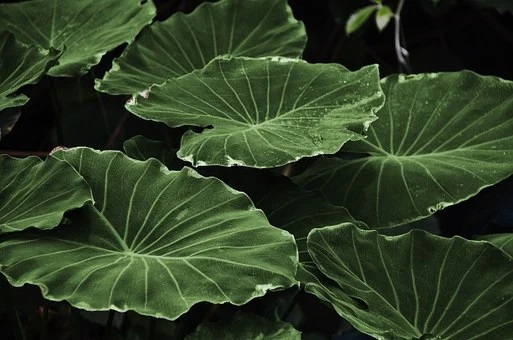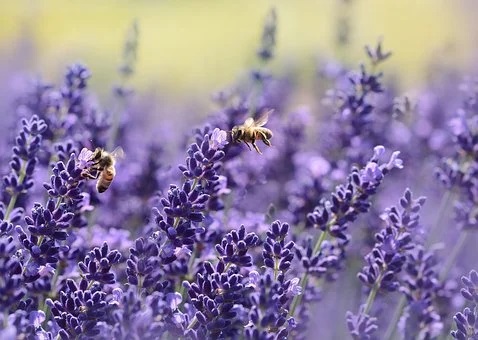Mind training is essential to everyone, including me. Like all of you, I still have afflictions and continue to wander in samsara. Since we have obtained precious human birth in this lifetime, we should cherish the opportunity to practice; if we forgo this chance, I fear that we are giving up on an opportunity that comes just once in many kalpas.
Of course, I cannot say we will not get another opportunity. But just when this opportunity will arrive is difficult to say — perhaps one lifetime, perhaps one hundred lifetimes, possibly even one or ten thousand lifetimes, which is a very distant matter. Not only that, can we be clear-headed enough by then to seize the opportunity? We may, as in this lifetime, idle away our time in ignorance, waste our precious birth, and once again miss a great chance. That would be the same as having no opportunity at all.
~Depicted from THE FOUR SEALS OF DHARMA - The Importance of Practice











